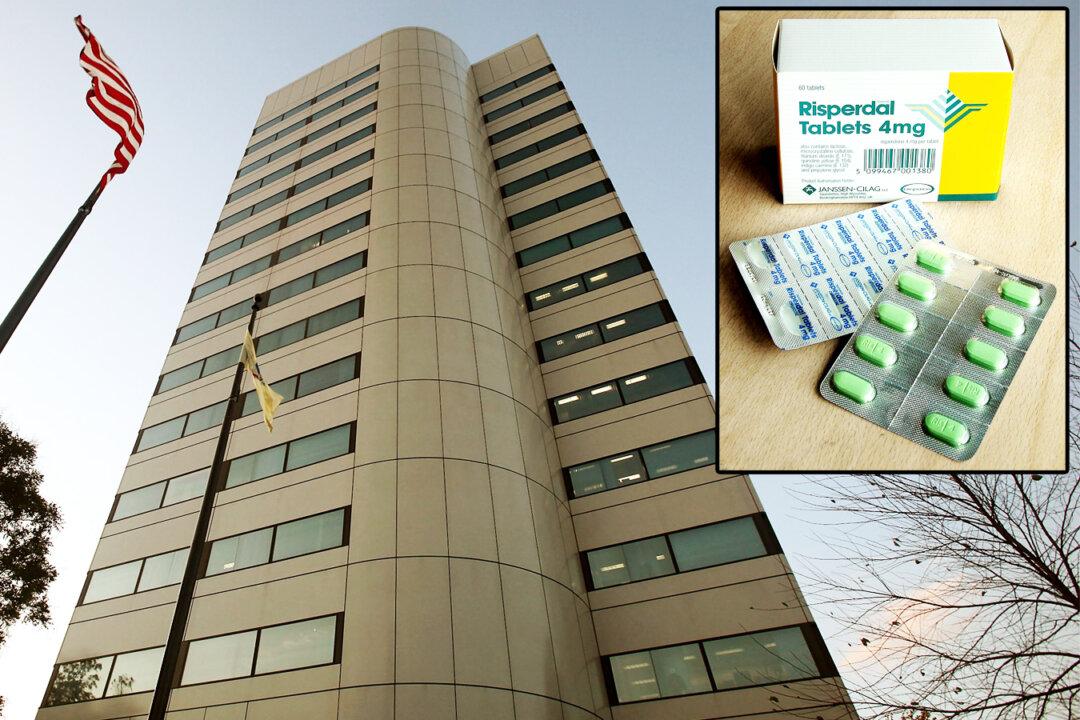After an 18 month investigation into the high cost of Gilead’s hepatitis C drug Sovaldi—initially listed at $84,000 for a course of treatment, or $1,000 per pill—the Senate Finance Committee said the prices did not reflect the cost of research and development (R&D) and that Gilead cared about “revenue” not “affordability and accessibility.” That sounds like an understatement.
Drug companies have devised elaborate schemes for drug sales to states.






